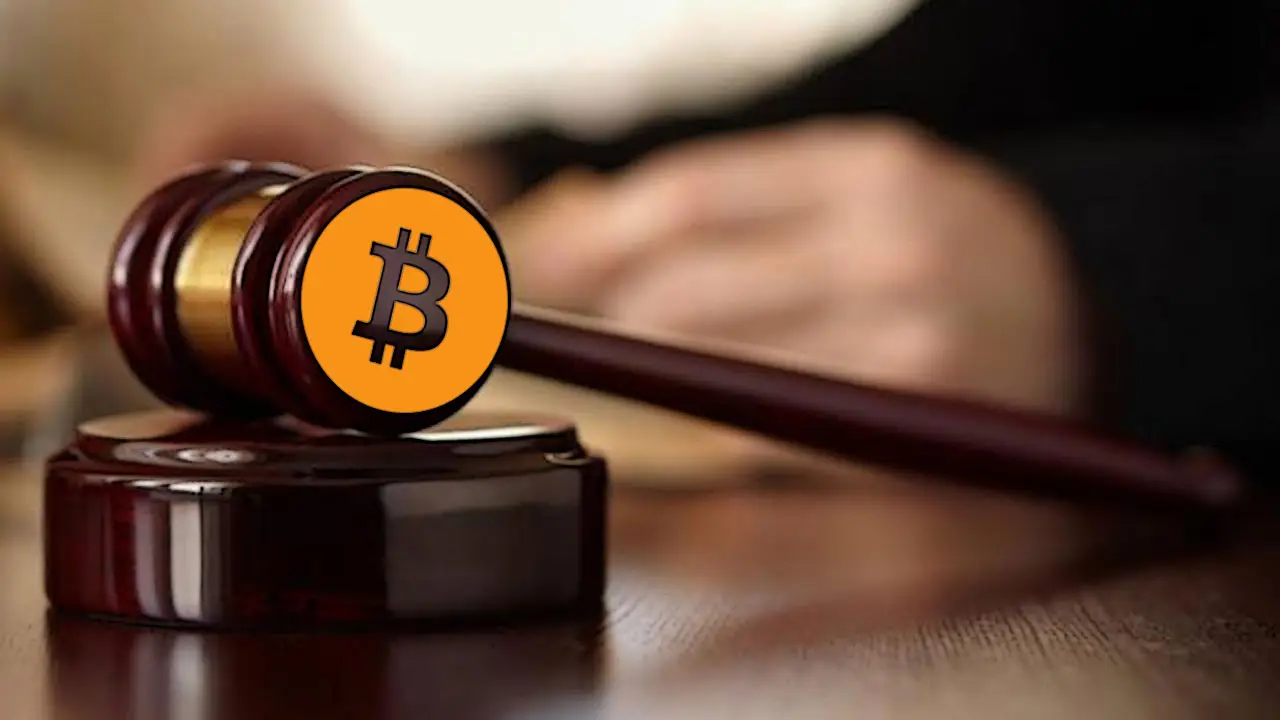
The Philippines introduces new regulations for digital assets
The Philippines will be placing regulation for the digital assets with some new rules to protect the investors and encourage modernization.
The new regulation is aimed to cover the areas like acquisition, together with utility and security of the crypto token as laid down by DATO and approved by CeZa, the regulatory authority of the government.
CeZa will be the principle regulating authority under the new scheme. The ABACA will help it to implement the new laws. On this occasion, the CEO and administrator of CeZa said the new regulation would take cryptos one step nearer to acceptance by the financial institutions.
OVCE should have the list of tokens. OVCE is the special exchange designed for this drive. Applicants should have CeZa approved wallets and custodians. As per the new rules, all the DATOs should have proper documents appropriate to the project.
The tokens will be backed by equity and shares from a limited partnership corporation. These security tokens can also be used for the payment of dividends or can also be used for investment for buying of other tokens or possessions to make profit.
Till date CeZa has approved 19 exchanges to operate in the Philippines and is working to develop a financial technology economic zone, has the view that the new rules will encourage responsible usage of cryptocurrencies. The government should keep in touch with local fintech companies, this will give a better insight into the industry and emerging market, as per CeZa.
The chairman of ABACA said that the SRO model would help police the rank of the players and at the same time will safeguard the crypto investors. Around the world the crypto investors are not only imposed with tax rules, but they are also expected to make necessary registrations and full disclosure.
The upcoming regulations for cryptocurrency in the Philippines are separated into three tiers. The first level of the rule includes digital assets and investments, the payment, in this case, is made through digital tokens and investment should not exceed $5 million. The second level includes the investment of digital assets ranging between $6 million to $10million. The third level comprises of an investment of digital possessions greater than 10 million dollars.
Some of the countries have created their law books to regulate the cryptocurrencies includes USA, Australia, Japan, Malaysia, and the EU. The Philippines is on its way to join the bandwagon.